Hazel Smith, affectionately known as the “mother hen” of country music, wasn’t just a publicist, journalist, or cookbook author; she was a force of nature who nurtured and championed the outlaw movement in its infancy. Her life wasn’t a conventional country song, but rather a bluegrass ballad filled with love, loss, and a deep connection to the music that flowed through her veins.
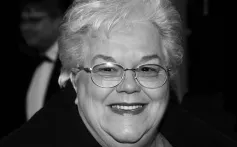
Born in rural North Carolina, Hazel’s musical journey began with a powerful encounter with Bill Monroe himself. This early inspiration blossomed into a long-term relationship, one that fueled both love and creative fire. Songs like “Walk Softly on This Heart of Mine” and “Lord, It Sure Rains Hard in Tennessee” bear witness to the depth of their bond.
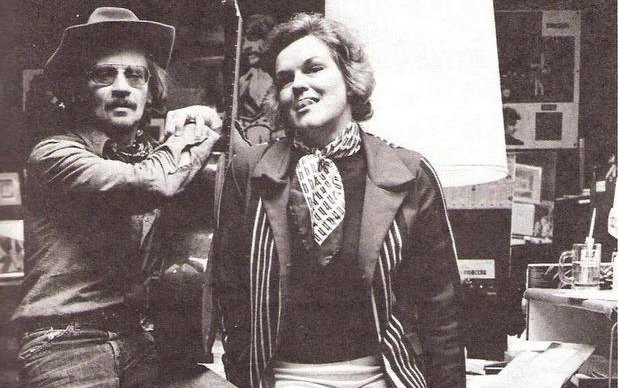
In Nashville, Hazel found her calling, not just managing the careers of artists like Kinky Friedman and later for the vocal group Tompall and the Glaser Brothers, but also nurturing a community within the walls of their studio. Here, amidst the whirring of tape machines and the strum of guitars, she rubbed shoulders with legends like Shel Silverstein, Kris Kristofferson, Waylon Jennings, and Willie Nelson, forging friendships that would shape the landscape of country music.
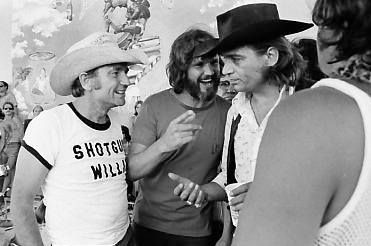
But Hazel wasn’t just a bystander; she was a storyteller herself. Her popular column in Country Music magazine, aptly titled “Hillbilly Central,” became a platform for these emerging outlaws, giving them a voice and capturing their raw, unpolished spirit.
I’d sit down on a non-electric Underwood typewriter that had to have been on Noah’s Ark, it was so old. And I wrote for that magazine until it bit the dust – three or four decades. The editor called my column “Hillbilly Central” – and that’s what Tompall’s studio became: “Hillbilly Central.”
Hazel Smith
It was within these walls that Hazel received a life-altering phone call. A fellow music journalist, grappling with how to define this new wave of music coming from the Glaser’s studio, reached out to Hazel for her perspective. “What do you call this new gritty kind of music?” he asked.
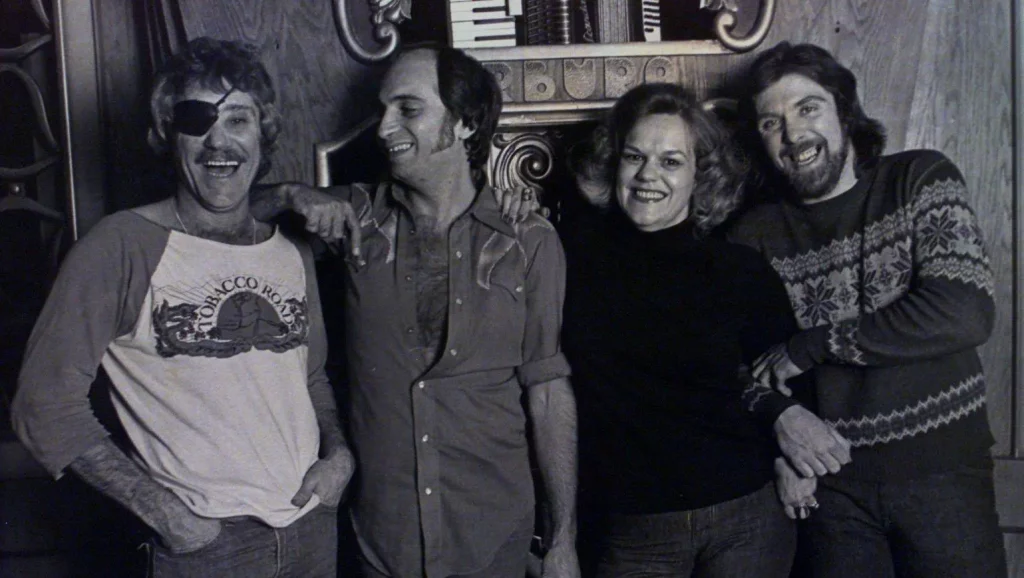
Reaching for a dictionary, the words danced before her eyes. “Outlaw,” it read, “a person excluded from the benefit or protection of the law… a lawless person, one that is unconventional or rebellious.” A spark ignited. Looking around at the mavericks gathered at Hillbilly Central, defying industry norms and carving their own paths, Hazel knew she had found the perfect word. “That’s it,” she declared over the phone to the inquisitive writer, “They are not going along with the Nashville establishment; they’re doing their own thing. Their outlaws and that’s outlaw music.”
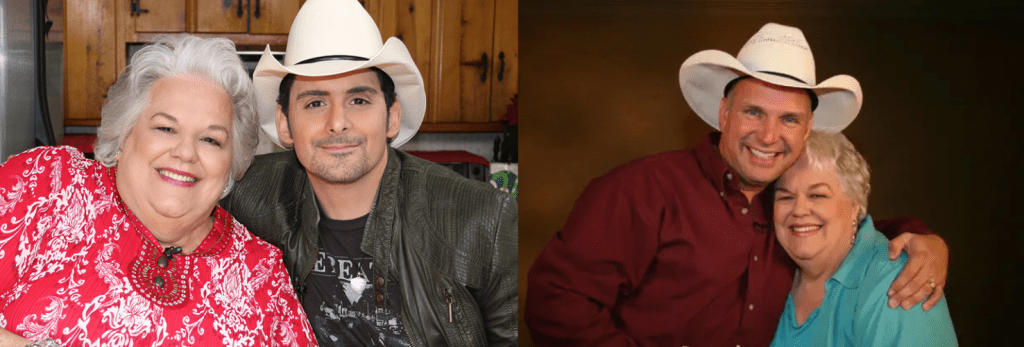
Hazel’s impact extended far beyond the outlaw movement. She mentored young artists like Garth Brooks and Brad Paisley, offering not just career advice but a motherly warmth that nurtured their dreams. Her “Hot Dish” column on CMT.com became a weekly dose of gossip and comfort food, while her “Southern Fried Flicks” program combined her passions for cooking and movies, often featuring country stars themselves.
Hazel Smith wasn’t just a witness to history; she was a maker of it. Her legacy lives on not just in the songs she championed, but in the spirit of independence and authenticity she instilled in generations of artists. She was, and remains, the true mother hen of outlaw country, a role she played with grace, grit, and a whole lot of heart.
Born: May 31, 1934, Caswell County, North Carolina; Died: March 18, 2018, Madison, Tennessee